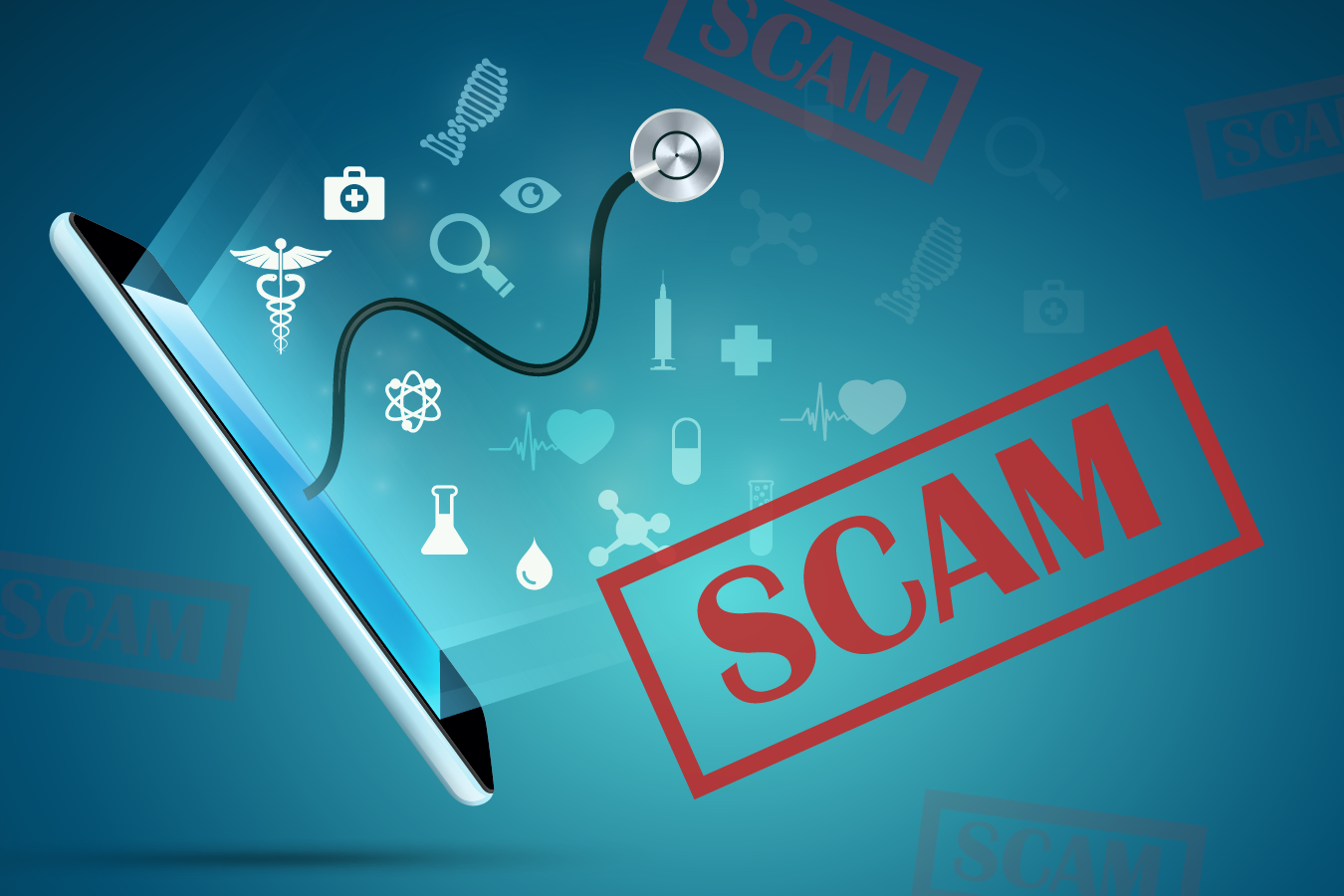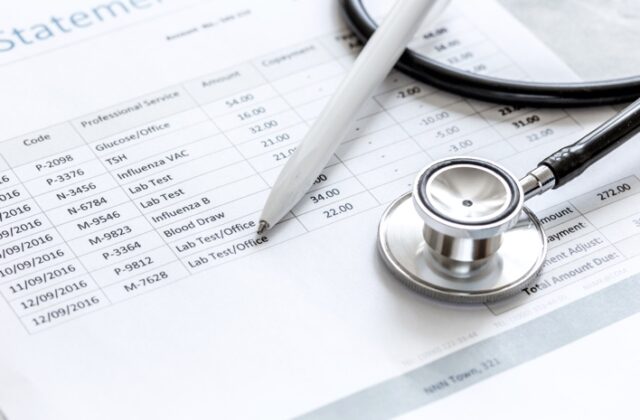
As you age, you must be aware of fraud and deception that may target you and your healthcare benefits. One of the most important is to protect yourself from those who may try to take advantage of government-funded healthcare programs. Scammers have become increasingly refined in their methods, and it is essential to be informed of the common methods they use and ways to avoid them.
Fraudulent activities related to healthcare can take many forms, such as unsolicited phone calls or emails offering free medical equipment in exchange for personal information, healthcare providers billing for services or equipment you never received, or individuals posing as government officials or insurance representatives to collect personal information. In that matter, you should look for well-known and legit options like medicare advantage plans in Virginia. This article will discuss the common scams and how to avoid them.
1. Anonymous Calls and Emails

Scammers may contact you with an offer of free medical equipment such as a wheelchair or walker, but they will ask for your personal information to process the claim. They may also ask for credit card information to cover shipping costs or other expenses.
To avoid this scam, never give out personal information over the phone or email, and always verify the legitimacy of any offers by contacting the company directly. The key is to be careful about phone calls or emails, especially if they ask for personal information or money.
2. Billing For Services or Equipment You Never Received
This fraud occurs when a healthcare provider bills for services or equipment you never received. For example, it can happen when a provider bills for services that your doctor did not order or when a provider bills for equipment that you never used.
To avoid this, always check your medical bills and statements for accuracy, and report any suspicious charges to your insurance provider. Review your medical bills regularly and compare them to the services you received to ensure they match.
3. Fake Government Officials or Insurance Representatives
Some people may contact you and claim to be from a government agency or your insurance company. They may ask for personal information such as your social security number, Medicare number, or bank account information.
You should never give out personal information unless you have initiated the call or are certain of the caller’s identity. Be aware of individuals claiming to be government officials or representatives from your insurance company, especially if you are not using any services at the moment.
4. Unjustified Billing

In this fraud, a healthcare provider bills for services or equipment not provided to receive payment from the insurance company. It can happen when a provider bills for services that were not ordered by your doctor or when a provider bills for equipment that you never used.
The main reason why some people are falling for this kind of fraud is when they are making harsh moves, without checking additional details related to what they are paying for. Even if it is not a large sum, you should always compare the bill with the actual medical report and other data to make sure that the bill is legit. If you don’t do that, there is a chance to end up giving money to complete stranger. You will still owe to the medical institution as well.
5. Fake Prescription Drugs
Scammers may contact you and offer to sell you prescription drugs at a discounted rate, but the drugs they sell may be counterfeit, expired, or not approved by the FDA. You can avoid this issue by always purchasing prescription drugs from legitimate pharmacies and never buying drugs from individuals or online sources. In addition, be careful when buying prescription drugs from online sources, as they may not be FDA-approved or counterfeit.
We have to mention that the drug market is facing many issues because of the online stores from all over the world that are selling different types of drugs and other products claiming that they can help in various cases. Keep in mind that there is always a chance for serious downsides if you decide to risk with some of these unlicensed products.
6. Door to Door Sales
The medical insurance is far too important and complex to be sold in a door-to-door way. You need to keep that in mind if you face a situation where there is a person in your home that is offering some amazing benefits and great deals if you accept to pay them upfront.
On the other side, there might be a promotion of new features or improved benefits of Medicare, and officials decided to use this method to offer to people, but you should always contact your agent to check whether it is legit.
Best Ways To Protect Yourself
It is critical to keep informed and aware of frequent scams targeting healthcare benefits to protect yourself from healthcare fraud. Here are some safety precautions you can take:
- Anonymous phone calls or emails should be avoided, especially if they request personal information or money.
- Legitimate healthcare providers and government institutions will never request critical information by phone or email.
- Contact your insurance provider or a government agency directly to confirm the legality of any offers or claims.
- Never rely on people or organizations who cannot verify their identity or association.
- Examine your medical bills and insurance claims regularly to guarantee they are correct and legitimate.
- Report any suspicious or inaccurate charges to the appropriate authorities right away.
The biggest problem is that your phone number and email are easily available, especially if you are not paying enough attention. For example, if you are visiting unknown websites or sharing your data with suspicious services, there is a chance that they will share your information with scammers.
The key is to never rush with your decision when you get an offer. Always check the person that is contacting you, and check the background of the document if you have to pay for anything.













